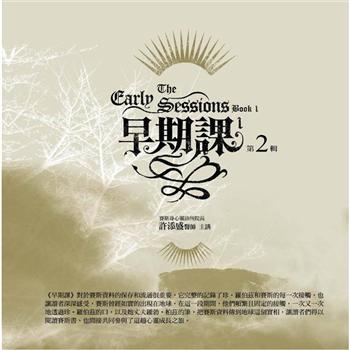The municipal councils were one of the most notable mechanisms for maintaining the vast Portuguese overseas empire. Originating from the ancient medieval councils, they brought together the interests of the colonial elites as they were composed of the colony’s good men, held considerable power over the local society and had the freedom to represent their wishes or difficulties to the king of Portugal. Parallel to the power of the senate of the municipal chamber were the royal authorities: the colonial governors. This sharing of power in the colony often led to conflicts between the municipal council and the governors. This situation was aggravated by the French Corsican incursions of 1710 and 1711, which demonstrated the fragility of the Portuguese Empire, which, unable to contain its enemies in the vast ocean, depended on the human resources of its colonies. However all this war effort, enclosing Rio de Janeiro between walls and fortifications, at the expense of the colonial economy, placed the king’s officials and the members of the senate in opposing camps, resulting in inevitable conflicts over the use and possession of Rio de Janeiro’s urban territory in the 18th century.
| FindBook |
有 1 項符合
Rio de Janeiro: from Corsican invasions to territorial disputes的圖書 |
 |
Rio de Janeiro: from Corsican invasions to territorial disputes 作者:Meira 出版社:Our Knowledge Publishing 出版日期:2023-03-22 語言:英文 規格:平裝 / 108頁 / 22.86 x 15.24 x 0.66 cm / 普通級/ 初版 |
| 圖書館借閱 |
| 國家圖書館 | 全國圖書書目資訊網 | 國立公共資訊圖書館 | 電子書服務平台 | MetaCat 跨館整合查詢 |
| 臺北市立圖書館 | 新北市立圖書館 | 基隆市公共圖書館 | 桃園市立圖書館 | 新竹縣公共圖書館 |
| 苗栗縣立圖書館 | 臺中市立圖書館 | 彰化縣公共圖書館 | 南投縣文化局 | 雲林縣公共圖書館 |
| 嘉義縣圖書館 | 臺南市立圖書館 | 高雄市立圖書館 | 屏東縣公共圖書館 | 宜蘭縣公共圖書館 |
| 花蓮縣文化局 | 臺東縣文化處 |
|
|
圖書介紹 - 資料來源:博客來 評分:
圖書名稱:Rio de Janeiro: from Corsican invasions to territorial disputes
|











